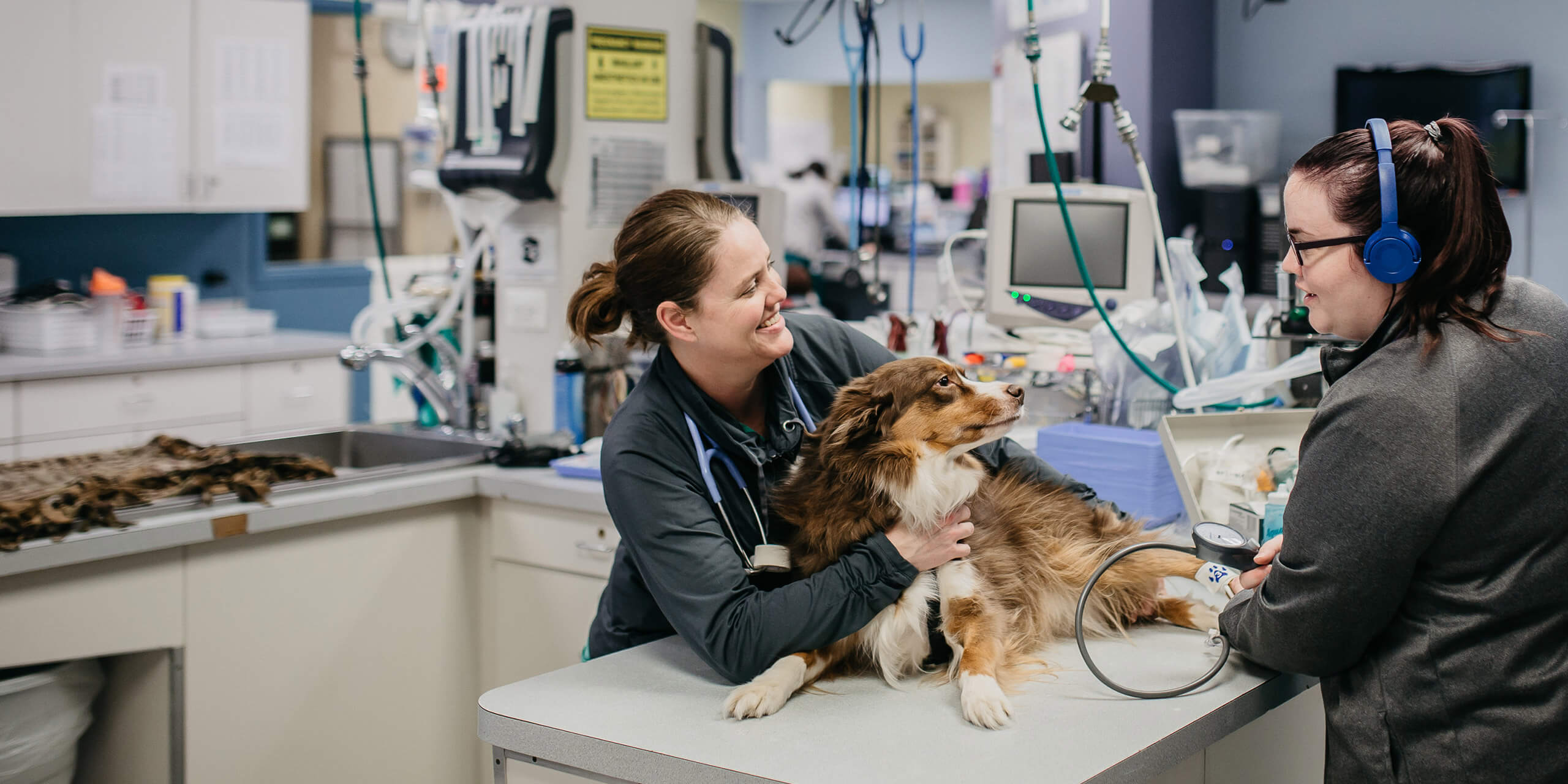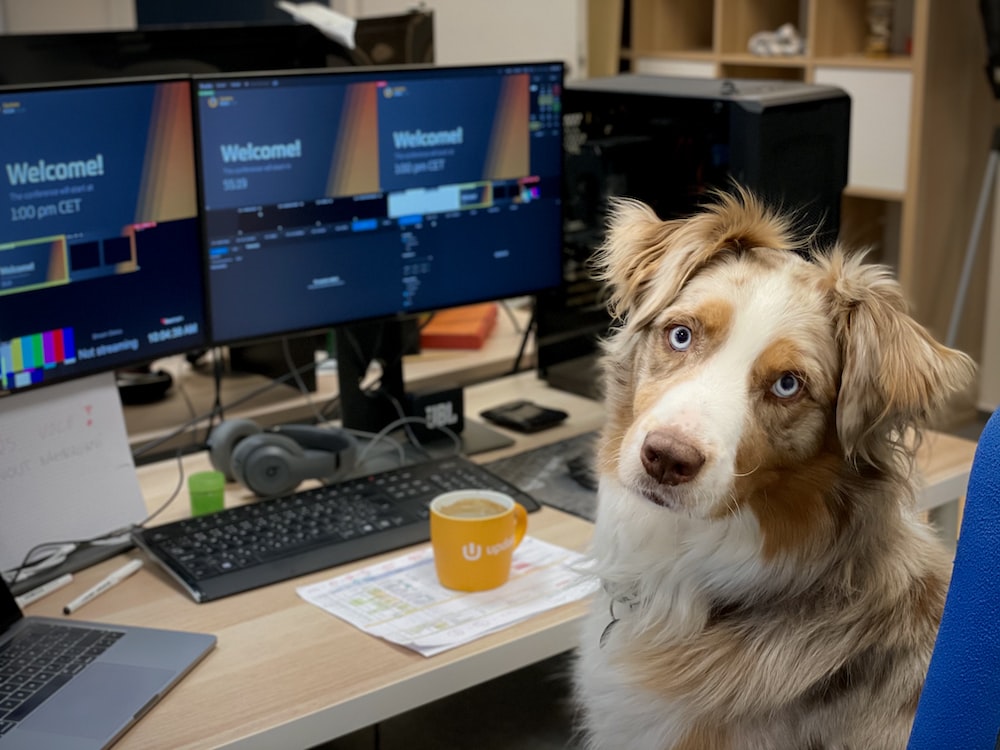The rise of the digital age and the shift to telemedicine appointments after the Covid-19 pandemic has greatly increased the number of cyber attacks seen across the globe. Hackers target these businesses from family-owned businesses to mega-corporations to extract sensitive or important information. Veterinary clinics are no exception and can lose lots of valuable data and time in the event of a cybersecurity attack. Here is a quick rundown of protecting your veterinary office from cyber threats.
Why is Veterinary Office Cybersecurity Important for Clinics?
Veterinary clinics are just as at-risk for a cyber security attack as any other medical practitioner or clinic. Hackers target veterinary offices and other types of businesses more because they collect lots of private client information that can be valuable to a cyber-criminal. Here are other reasons cybersecurity should be paramount in your veterinary clinic.
- Trustworthiness. Veterinary clinics that fall victim to cyberattacks and fail to protect their clients’ information will lose the trust of those clients, and your clinic may be seen as less trustworthy or unsafe to use.
- Financial Risks. If your clinic is the victim of an attack, every second you are down is lost revenue. On top of wasting valuable time, cyber attacks can also use ransomware to demand compensation to return stolen sensitive information or other data.
- Legal Concerns. From individuals to the company, your vet clinic could face serious legal trouble if client information is leaked, stolen, or mishandled. Client/patient privacy laws are severe, and misuse or theft of client info can be disastrous for smaller practices that may not have the funds or resources to combat a potential lawsuit.
- Lawful Practice. Even if a cyber attack was an accident, government agencies can shut down non-compliant practices that are at risk of leaking or misusing client/patient data. The loss of client data can cross many state and federal guidelines, jeopardizing a clinic’s ability to operate legally.

Security Risks
Veterinary offices collect and store sensitive client information – just like any other medical practitioner – that can be valuable when grasped by the wrong hands. A hacker can access sensitive information such as client addresses, credit card information, pet data, and more, who can then use that data to steal information or money from you. Most hackers target data used to verify payments such as credit card information or bank account details, and will then use that data to steal money from bank accounts or access other personal/important data.
Personal information like your pet’s name can be used to break passwords or secret security questions, letting hackers into your account(s).
Securing Data
Making sure your veterinary data is secure is critical for many reasons. There are various ways to protect your data and reduce the risk of a cybersecurity attack. Here are a few best ways to ensure your veterinary office is up-to-date and protected against cyber threats.
- Data Backups – You should always have an external backup of all your data, not only to protect against possible threats but to also protect your data against issues such as power outages. We recommend having a physical backup (like a hard drive) and a cloud-based backup to ensure you can access your data from anywhere, no matter what happens.
- Firewall Security – choosing trustworthy software to secure your data is important. Along with a robust firewall, we recommend installing an antivirus program on your computer, such as Malwarebytes (recommended).
- Emergency Plan – Creating a plan in case of an emergency, such as a data breach or power outage, is essential. By working with an IT professional, you can create a procedure in case of emergency for your veterinary office by setting up fail-safes and shut-down plans. It is also essential to discuss this plan with your other employees to make sure that everyone is on the same page and knows what is expected of them in the case of an emergency. By creating an emergency plan with your staff and an IT professional, your business and its vital information is less likely to be affected by a cyber attack.
- Routine Auditing – A professional IT company can help your veterinary practice perform regular audits and anti-malware scans to ensure your clinic is up-to-date on the latest cybersecurity protocols and that your computers are secure and virus-free. A qualified technician from a reputable IT company can help you audit your data and offer solutions to correct your weak points, and can discuss with you where changes need to be made to improve your office’s cybersecurity.
Regarding Veterinary Office Cybersecurity, it is better to be over-prepared than underprepared. By taking proactive steps and working with a professional IT company to protect your veterinary clinic from cybercrime, you can help prevent a costly attack before it even happens.

Is your Clinic the Victim of a Cyber Attack?
If your veterinary clinic becomes the victim of a cyber attack, it is important that you contact your IT company and let them know what’s going on so they can assist you with the next steps to take. It is important to act fast in the event of an attack to prevent as much loss or damage as possible and to protect your clients from being victims to an attack themselves. If an emergency plan was already in place, your team should execute those next steps, whatever they may be. If your Veterinary Office has no Cybersecurity Emergency Plan or you don’t have a reliable IT company to turn to, your first steps should be to contact a professional IT company and explain the situation.




